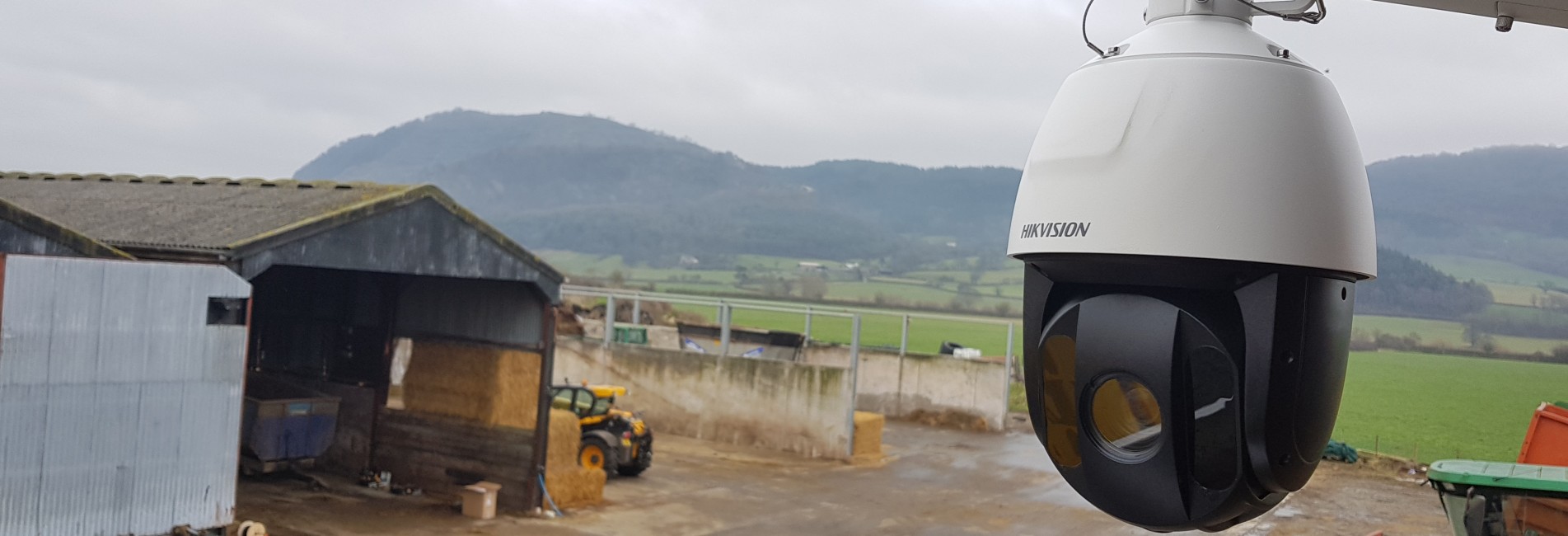Livestock Rustling on the increase
Posted on Thursday 11th April 2019Livestock rustling is becoming big business for organised criminals with sheep thefts being carried out in ever greater numbers, rural insurer NFU Mutual has said.
In January 143 sheep were snatched from fields at Pulford, Wrexham, and last week 63 Texel cross in-lamb were stolen from a farm above Tremeirchion, Denbighshire.
According to figures released yesterday, farm animals worth £2.5m were stolen across Britain in 2018 – a 11% rise in two years.
Tim Price, of NFU Mutual, said the insurer was becoming increasingly alarmed at the scale of the thefts.
He said: “A generation ago, rustling was typically a local crime involving a couple of lambs or half a dozen geese being taken “for the pot”.
“Now it’s an organised crime with dozens or even hundreds of sheep worth thousands of pounds being taken in a single raid.
“Thieves are even using working sheepdogs – some of which have also been stolen – to round up hundreds of sheep which are then loaded into trailers or lorries late at night.”
NFU Mutual believes large-scale thefts are usually carried out by gangs who feed their livestock hauls into the food chain, while pedigree rams being stolen for their high value as breeding stock.
A third motivation is money laundering – organised gangs are buying and selling sheep at auctions to wash dirty money, said the insurer.
Last week’s theft of pregnant ewes in Tremeirchion is being investigated by the North Wales rural crime team (RCT).
It occurred between Monday and Tuesday last week. Anyone who can help is asked to call 101.
“This crime has had a devastating effect on the farmer,” the RCT tweeted.
Llanarmon yn Ial farmer John Lightfoot, who lost 120 ewes in the Pulford raid, said he was still struggling to come to terms with the theft.
“It’s hit the whole family hard, we don’t know who to trust,” he said. “Whenever you go into a field, you never know what you’re going to find.
“I can’t understand how these people can be so callous."
Mr Lightfoot, who plans to increase security in his fields, said there seems to be a pattern of large-scale thefts developing in north east Wales: in August 2017, 114 Poll Dorset ewes and lambs were snatched from a locked field in Hope, Wrexham.
“The scariest thing about it is that no one saw these offences taking place, and the police have no leads,” he said.
“It suggests the thefts are well planned, possibly weeks in advance.”
As well as padlocking gates, NFU Mutual suggests that, where possible, farmers graze livestock away from roads.
Stock should be checked regularly but at different times of the day, while high-tech marking systems can be used such as TecTracer.
This puts thousands of coded microdot markers into a sheep’s fleece.
Welshpool-based ORP Surveillance, which specialises in farm security, has seen a jump in demand for access control systems over the past 18 months.
As well as alarms, cameras and intercoms at farm entrances, Automatic Number Plate Recognition systems are being installed by anxious farmers.
“We’re also seeing wireless cameras being installed in remote farm buildings,” said ORP director Jennifer Marlow. “It gives them peace of mind.”

